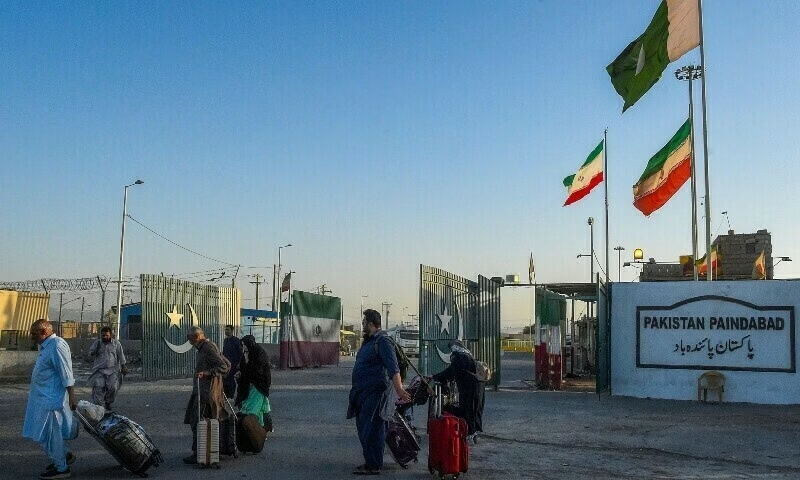The Government of Pakistan has announced a major policy change for the upcoming Arbaeen pilgrimage, implementing a complete Arbaeen pilgrimage road travel ban for citizens wishing to travel to Iran and Iraq. The decision, confirmed by Interior Minister Mohsin Naqvi on Sunday, was made due to significant “public and national security” concerns.
Arbaeen Road Travel Banned by Pakistan

Every year, hundreds of thousands of Pakistani pilgrims, known as Zaireen, travel by road, primarily through the Taftan border in Balochistan, to reach the holy city of Karbala in Iraq for Arbaeen. This new policy means that for this year, all pilgrims must travel by air.
The announcement has raised questions among the many who rely on the more affordable land routes for their journey.
Why Was the Road Travel Ban Imposed? How to Travel for Arbaeen This Year?
The decision was made after high-level meetings between several key government bodies. In a statement posted on X (formerly Twitter), Interior Minister Mohsin Naqvi provided the official reason.
“After extensive consultations with the Ministry of Foreign Affairs, Balochistan Government, and security agencies, it has been decided that Zaireen will not be allowed to travel to Iraq and Iran by road for Arbaeen this year.” Naqvi stated.
He added:
“This difficult decision was taken in the interest of public safety and national security.”
Underlying Security Concerns
While not officially specified, the security concerns likely relate to:
- The dangerous route through Balochistan: The land route to the Taftan border has historically been targeted by sectarian and militant groups.
- Regional Instability: Ongoing geopolitical tensions in the wider region contribute to the risk assessment for large groups of travelers.
- Past Incidents: There have been numerous security challenges for pilgrims on this route in previous years, making their protection a major concern for security agencies.
What Are the Alternatives for Pilgrims?
The government has emphasized that the ban is only on road travel and that air travel remains an option. To manage the sudden shift, the Prime Minister has taken direct action.
According to Minister Naqvi, “Prime Minister Mian Muhammad Shehbaz Sharif has directed authorities to arrange maximum flights to facilitate their pilgrimage in the coming days.”
This move is intended to provide a safer, though potentially more expensive, alternative for the thousands who plan to undertake the pilgrimage.
Part of a Broader Policy Shift
This Arbaeen pilgrimage road travel ban appears to be part of a larger government effort to regulate and secure religious travel. As reported by Arab News, Pakistan is finalizing a new “Ziyarat Management Policy.”
This new system, expected to be fully implemented by 2026, will replace the traditional, informal “Salar system” with a model where pilgrims must travel with registered “Zaireen Group Organisers.” This will allow the government to better track and ensure the safety of its citizens abroad.
For now, the focus remains on ensuring pilgrims can reach Karbala safely by air, with the government working to increase flight capacity to meet the high demand.
